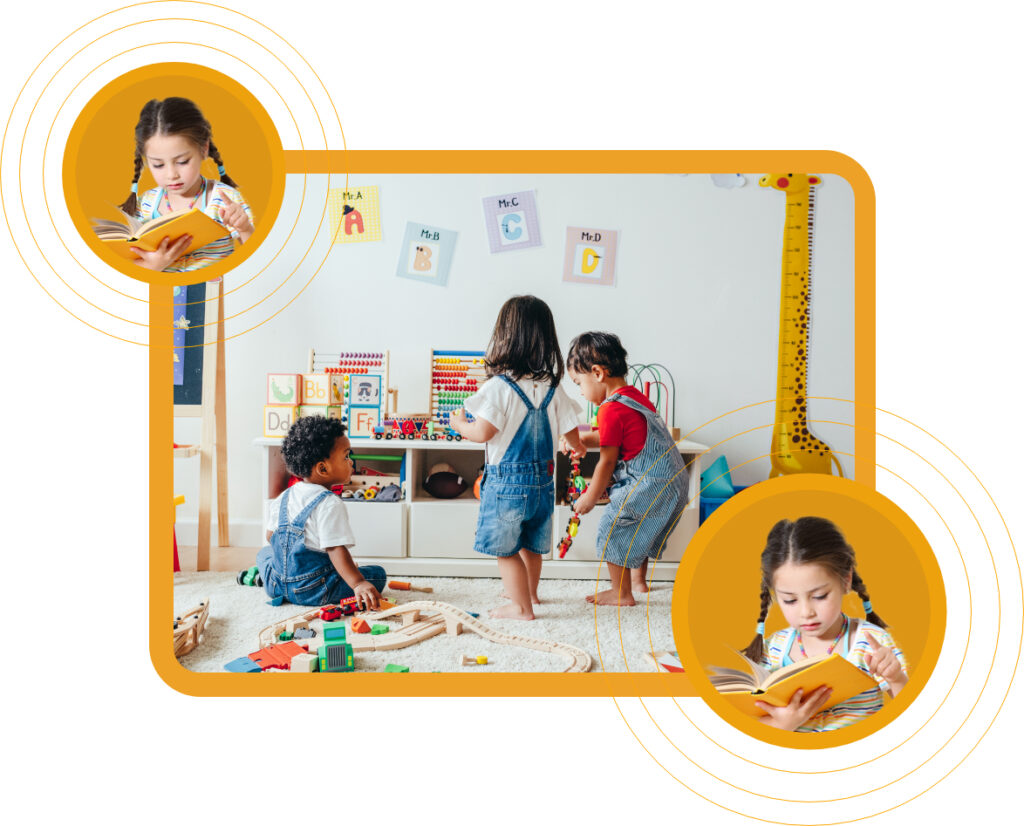- 9072 67 77 75
- kingstonedugroup@gmail.com
Montessori is a method of education that is personalised to each child’s learning style, stage of development, and interests. Children develop complete academic and wellbeing foundations through hands-on experience, real-world application, and problem-solving using the Montessori Method of education.
Montessori is a method of education that was developed by Doctor Maria Montessori. It’s worldwide and has proven successful for more than 100 years. It offers a broad view of education as an aid and a preparation for life.
Maria Montessori started her career as a Doctor; however, through her work with underprivileged children, she moved from medicine to education. She used her training as a scientist to observe how children learn and applied this to develop a better way to educate children with astounding results.

In 1907, Doctor Maria Montessori opened her first Casa Dei Bambini’ or ‘Children’s House’ for young children who weren’t old enough to attend school. Within one year of applying her new method of education, many of her students were able to read, write, and do basic mathematics. News of her success spread across Europe, and the Montessori Method, as it came to be known, took off world-wide.

What’s most unique about Montessori is the prepared environment, which is also known as the Montessori classroom. It’s unlike anything you would see in a standard childcare centre because it’s filled with educational materials that link learning outcomes to children’s needs and interests at specific stages of their development.
Each material teaches a specific learning outcome that progressively builds children’s knowledge and skills. Through repetition and practice, children master the five areas of the Montessori Curriculum, which includes: Practical Life, Sensorial, Mathematics, Language, and Culture.
The role of the Montessori educator within this space is to observe what children are drawn to, and introduce them to the materials that link to those interests, so learning is always purposeful and engaging.
This is why Montessori works. It recognises that children learn in different ways, and at different paces, and Montessori meets them where they’re at. It provides children with a learning environment where they have respect, independence, and the freedom to direct their own learning experience. This results in high levels of motivation to learn, and children who love learning, naturally apply themselves and do well.